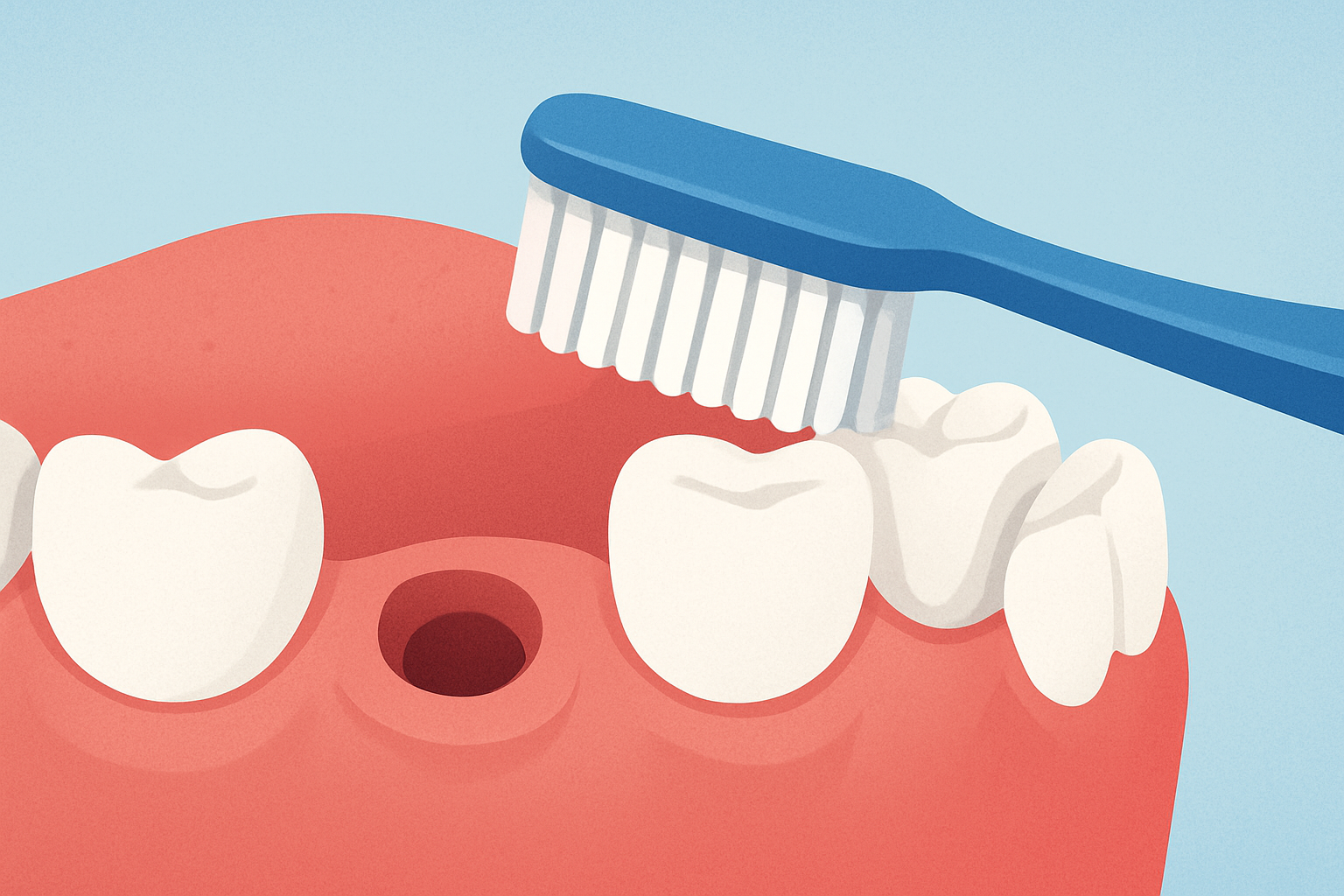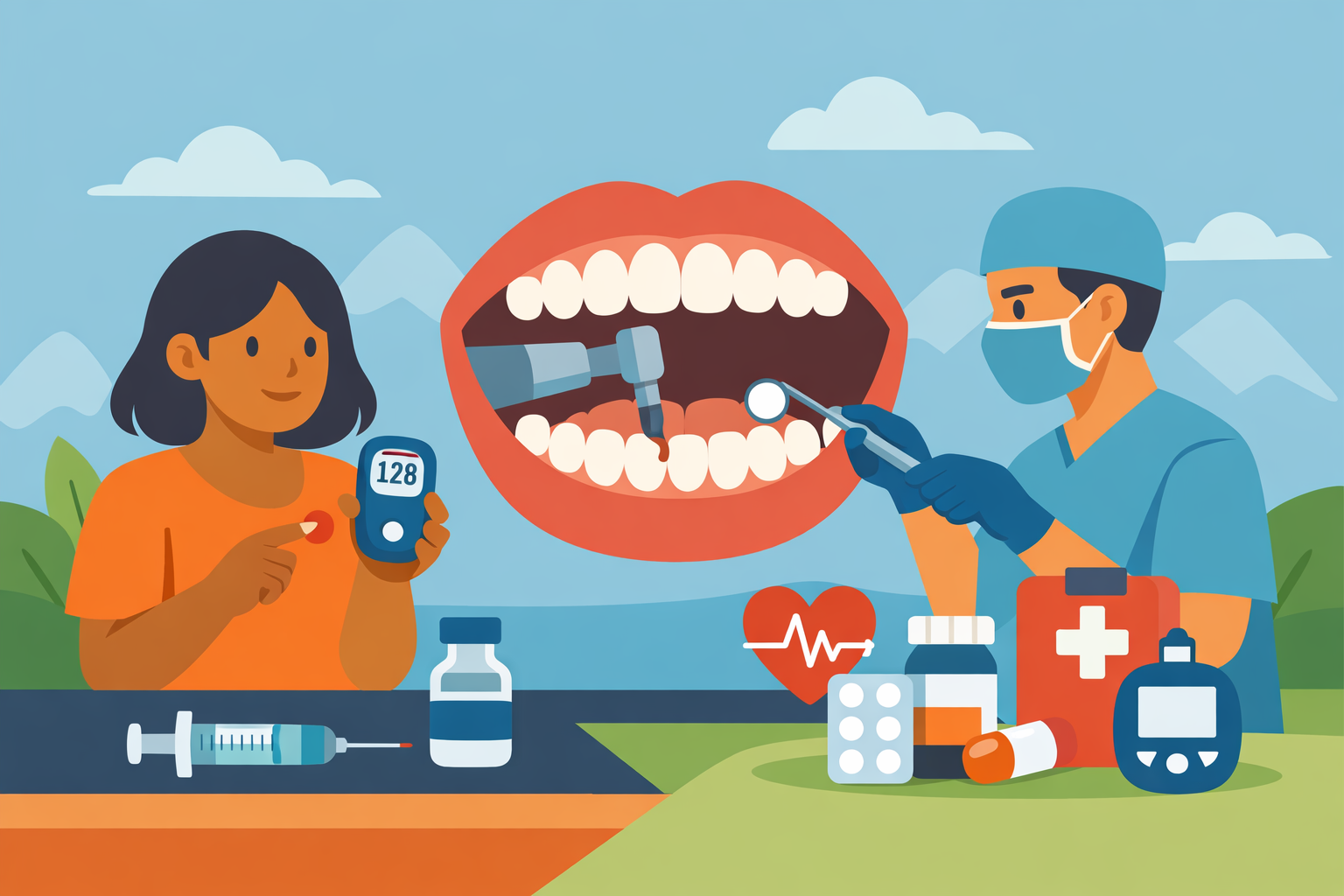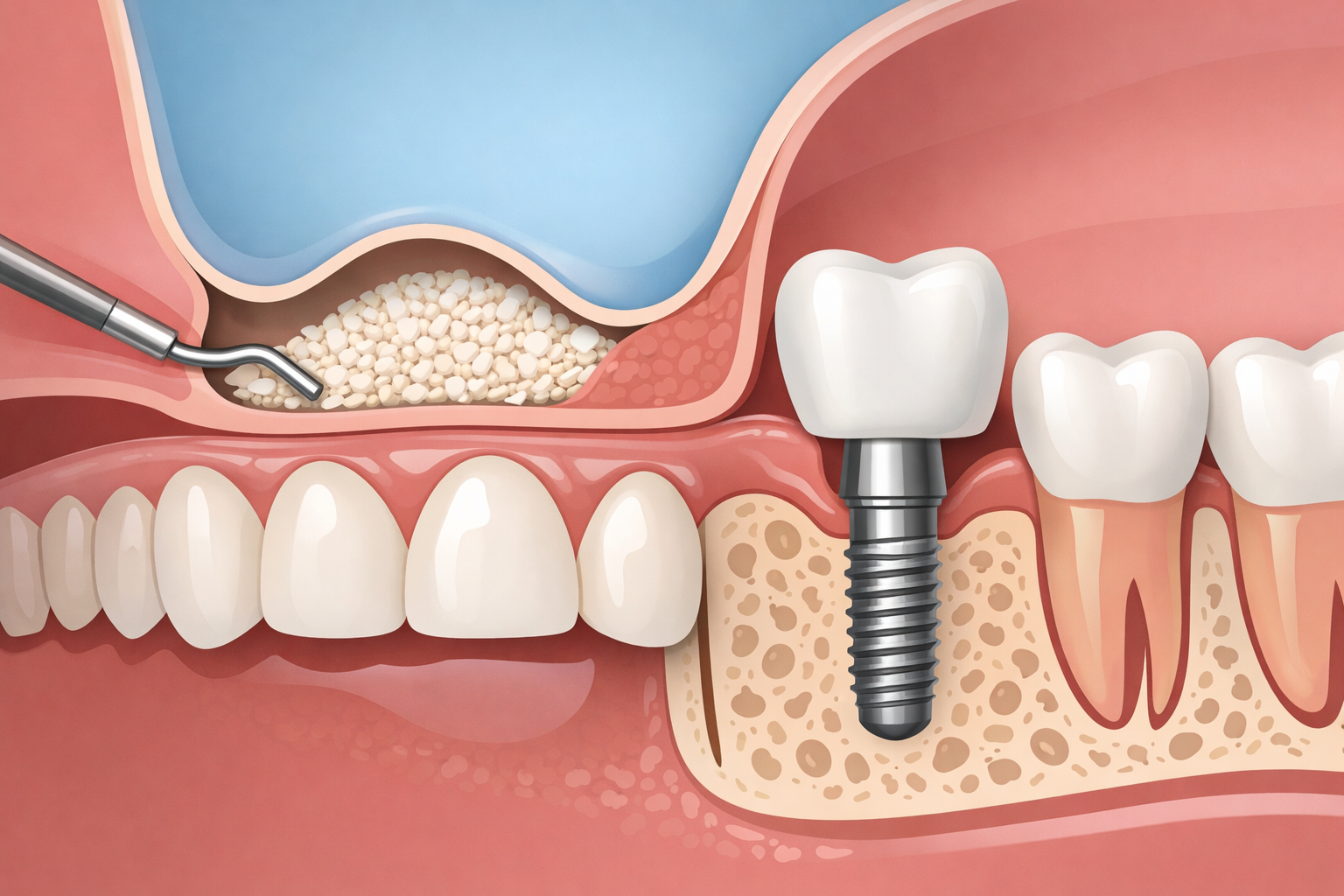Wisdom Teeth Removal Recovery Tips: How to Heal Faster and Avoid Problems

Recovering from wisdom teeth removal doesn’t have to be stressful. Most people expect the extraction to be the hard part, but your recovery routine is what truly determines how smoothly you heal. With the right habits, you can reduce swelling, avoid infections, prevent dry socket, and get back to normal without unnecessary pain.
This guide breaks down the most effective wisdom tooth recovery tips, explains what to avoid, and helps you understand what’s normal (and what’s not). If you’re prepping for the procedure, recovering right now, or helping someone who is—use this as your go-to resource.
Looking for more details on the procedure itself? Visit our guide on wisdom teeth removal or check out what to expect before and during surgery.
Why Proper Recovery Matters
Wisdom teeth extraction is a routine oral surgery, but the area where the teeth were removed is vulnerable during the first few days. Good aftercare helps you:
- Minimize swelling and discomfort
- Prevent dry socket
- Avoid infections
- Heal faster and safer
- Reduce the chances of complications that could extend recovery time
The better you follow recovery guidelines, the easier your healing will be.
Best Recovery Tips After Wisdom Teeth Removal
1. Take It Easy for the First 48 Hours
Your body needs energy to heal, so slow down. Strenuous activity increases blood pressure and can reopen the surgical site.
What to Avoid
- Exercise or heavy lifting
- Bending over
- Long walks or running
- Any activity that raises your heart rate
Pro Tip:
Rest with your head elevated using extra pillows. This keeps swelling under control and minimizes bleeding.
2. Stick to Soft, Easy-to-Eat Foods
Your mouth will be sensitive, and chewing too early can irritate the area or dislodge the blood clot.
Safe Foods for Days 1–3
- Applesauce
- Yogurt
- Mashed potatoes
- Broths or pureed soups
- Smoothies (no straws)
- Oatmeal or cream of wheat
- Soft scrambled eggs
Foods to Avoid
- Crunchy foods (chips, nuts)
- Hard foods (meat, crusty bread)
- Spicy foods
- Hot temperature foods
- Acidic foods
Avoid anything that breaks into small pieces—they can get trapped in the sockets.
3. Avoid Straws and Absolutely Do Not Smoke
Straws and cigarettes create suction, which can pull the blood clot out of the extraction site. That clot is what protects the bone and nerves underneath.
If the clot dislodges:
You risk developing dry socket, a painful condition that delays healing.
Avoid:
- Straws
- Cigarettes
- Vapes
- Spitting forcefully
Follow this rule for at least 5–7 days.
4. Use Ice Packs to Reduce Swelling
Swelling usually peaks between 48–72 hours. Ice reduces both swelling and pain.
How to Use Ice Properly
- Apply for 15 minutes
- Remove for 15 minutes
- Repeat throughout the first day
- Switch to warm compresses after Day 3 if swelling persists
Ice early helps control inflammation before it spikes.
5. Stay on Schedule With Pain Management
Whether your surgeon prescribed medication or suggested over-the-counter options like ibuprofen, take them as directed.
Don’t wait until the pain becomes severe. Staying ahead of discomfort keeps recovery easier and less stressful.
6. Keep Your Mouth Clean, But Gently
Cleanliness is absolutely essential for preventing infections—but you must be gentle the first 24 hours.
Do This
- Skip brushing near the extraction site on Day 1
- After 24 hours, rinse lightly with warm salt water (½ tsp salt + 8 oz water) after meals
- Continue saltwater rinses for at least a week
Avoid
- Swishing hard
- Using alcohol-based mouthwash
- Brushing directly over the socket too soon
A clean mouth heals faster and reduces the risk of bacterial buildup.
7. Sleep With Your Head Elevated
Lying flat can increase blood flow to your jaw, causing swelling and pressure. For the first few nights, elevate your head using extra pillows or sleep in a recliner.
Benefits:
- Reduced swelling
- Less pain
- Lower chance of waking up with bleeding
This one habit significantly speeds up early healing.
8. Follow Your Dentist or Oral Surgeon’s Post-Op Instructions
Every extraction is different. Your dentist may give extra instructions based on whether your teeth were impacted, if bone was removed, or if stitches were placed.
Common post-op directions include:
- When to start rinsing
- How long to avoid straws
- When to return for follow-up
- Whether stitches will dissolve on their own
- Specific medication timing
If you’re unsure about anything, reach out. Your provider knows your case best.
9. Know the Warning Signs of Complications
Most patients heal without issues, but pay attention to symptoms that may indicate an infection or dry socket.
Contact your dentist immediately if you notice:
- Severe or worsening pain that peaks around Day 3 or 4
- Fever or chills
- Pus, foul odor, or unusual taste
- Bleeding that doesn’t stop
- Increasing swelling after Day 3
- Difficulty swallowing or breathing
You’ll heal better—and faster—when problems are addressed early.
10. Be Patient With the Healing Timeline
Most people feel much better by Days 3–5, but full soft tissue healing often takes several weeks.
Typical timeline:
- Days 1–3: Swelling and discomfort
- Days 4–7: Significant pain reduction
- Days 7–10: Most normal activities resume
- Weeks 2–4: Tissue closes completely
- Months 1–3: Bone heals internally
Don’t compare your recovery to anyone else’s—every extraction is unique.
Extra Recovery Tips for Faster Healing
Stay Hydrated
Dehydration slows healing. Sip water regularly, avoiding straws.
Avoid Alcohol
It can interfere with healing and cause dry mouth.
Keep Your Tongue Away From the Area
Touching or poking the socket delays recovery.
Eat Nutritious Foods
Your body needs protein, vitamins, and minerals to heal. Opt for soft but nutrient-rich meals like blended soups, scrambled eggs, and smoothies (no straw).
Final Thoughts
Recovering from wisdom teeth removal is all about consistency. Rest well, eat soft foods, manage pain properly, and keep the area clean—these small steps make a big difference in how quickly and comfortably you heal.
If you ever feel unsure about what’s normal, don’t wait. Reach out to your oral surgeon through their contact page for guidance or follow-up support.
Proper care now means fewer complications and a smoother recovery overall.

How Long Until You Can Brush Normally After an Extraction?
December 10, 2025

Impacted Wisdom Teeth Symptoms You Shouldn’t Ignore
July 1, 2025

Can Diabetics Safely Undergo Oral Surgery?
January 6, 2026

Hospital vs. Private Clinics: Choosing the Right Oral Surgery Setting
January 27, 2026

Sinus Lift Surgery Explained: What You Need to Know Before Dental Implants
January 13, 2026